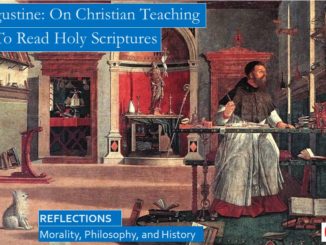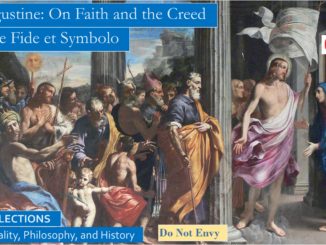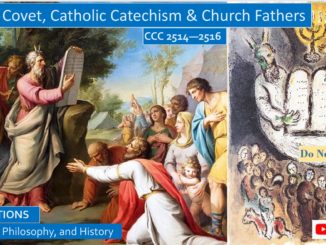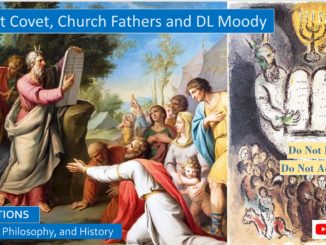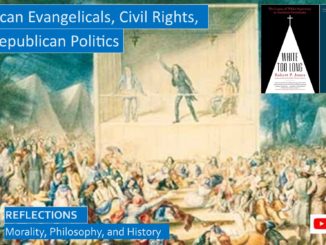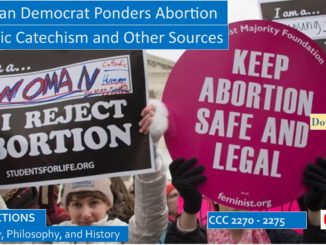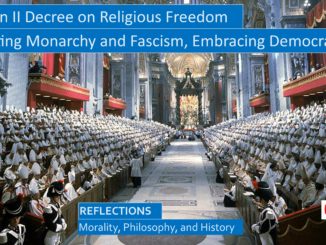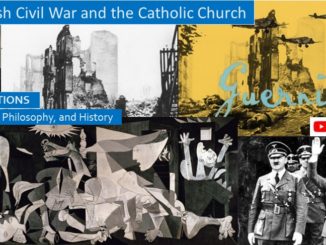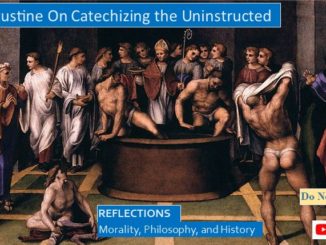
St Augustine on Catechizing the Uninstructed, Blog 2
If you seek to become a Christian for social or temporal reasons you may backslide from the faith when you see “wicked and impious men” who are more prosperous than you are. You may ask yourself, How is this faith helping me? This is the wrong question, for the true Christian seeks “everlasting blessedness and the perpetual rest of the saints so he may not pass into eternal fire with the devil but rather enter into the Eternal Kingdom together with Christ. He will be on his guard in every temptation, so we will neither be corrupted by prosperity nor be utterly broken in spirit by adversity, but remain modest and temperate during good times, and be brave and patient during times of tribulation.” Then this Christian will “Love God more than he fears hell,” and he will recoil from evil thoughts and temptations. […]

